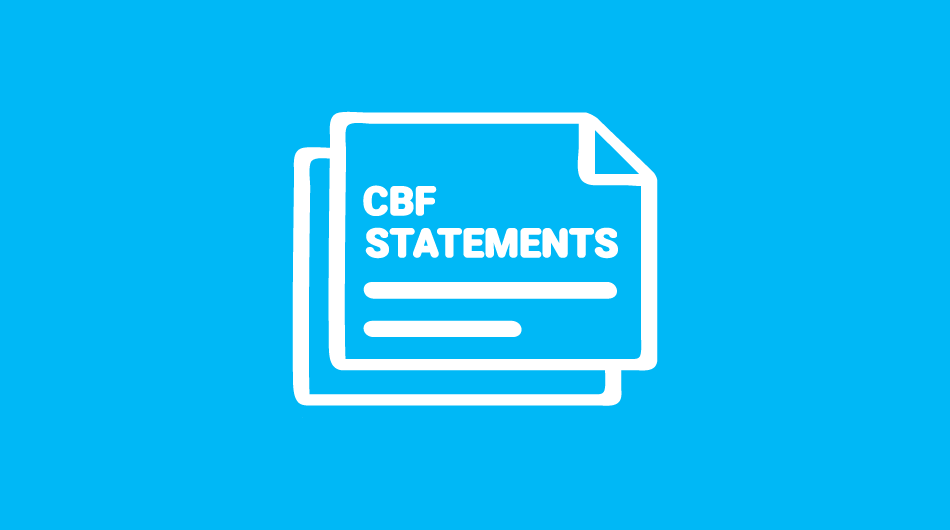
BBC News at Ten Broadcast on Seclusion
BBC News at Ten reports on a child being held in a prone restraint within a seclusion room at Springwell Leeds Academy North
On Wednesday 9th April, the BBC broadcast an item on the News at Ten featuring a child being held in a prone restraint within a seclusion room at Springwell Leeds Academy North. His mother shared the footage of the room which she said resembled “a holding cell.” She added, “This is a child, and these are five grown adults in a school where he’s supposed to be safe,”
The Trust that operates the school said that staff had “no case to answer” and investigation by Leeds City Council had found that malpractice was unsubstantiated.
The BBC also heard from an eight-year-old boy who was repeatedly locked in a seclusion room at a different school in the Southeast of England when he was five years old. The child said, “It was very scary because they can put me in there for as long as they want”.
This follows on from the broadcast of “The School Prison Cells” last year which showed children shut in a bare padded room, without natural light and toilet facilities for hours at Whitefield School in London.
Family carers, who have campaigned on this issue for many years, have shared the physical and emotional impact seclusion and other restrictive interventions have had on their children with some children and young people being diagnosed with Post Traumatic Stress Disorder as a direct result of being placed in seclusion at school. Informed by children and families’ experiences we are calling for a human rights-based approach to behaviour for schools, for strengthened laws and guidance, and for staff working in schools to be adequately trained to better understand challenging behaviour and to learn how to prevent the need for physical intervention and seclusion, overseen with greater scrutiny by local authorities and Ofsted
Jacqui Shurlock, CEO of the CBF says:
“It should be viewed as a clear safeguarding concern when children are secluded and experiencing life-threatening practices such as prone restraint while at school, where they should be safe. Both of these practices are outdated and inhumane and should be consigned to the past. There are better, more effective ways to understand, prevent and respond to behaviour that people may find challenging.
I am extremely concerned that the Academy Trust stated that this incident is typical and that local authorities who have a responsibility to investigate safeguarding concerns appear to be condoning the harmful use of restraint and restrictive practices and failing to keep children safe”
Last year a spokesman for the prime minister told the BBC in response to the footage of seclusion at Whitefield’s School that it “cannot and should not have happened and should not happen again”. Since then, the government has issued draft guidance on the “Use of reasonable force in schools” which continues to allow teaching staff to use seclusion and recommends that teachers tell parents if seclusion is used, but with no legal obligation to do so.
The failure of the government to take tougher action means that from September whilst there will be a legal duty for schools to report and record the use of restraint, children can still be secluded at school and parents may be unaware that it has taken place.
Using prone restraint, where a child is restrained in a face down position, can impact their airways and increases the risk of asphyxia, choking, vomiting and cardiac arrest. Due to these dangers, the 2019 guidance for health services, social care services and special education settings “Reducing the need for restraint and restrictive interventions” says that children should not be held on the ground.
As shown on the News at Ten, this guidance was not followed with a child held in the prone position for three minutes. You can watch the broadcast on iPlayer here and read the BBC article here.
Our information sheet, ‘Reducing the use of restraint, seclusion and other restrictive practices’, gives more information about these practices, and also identifies the less restrictive strategies which can be used to support children, young people and adults with learning disabilities in a way which upholds their rights and avoids trauma.” 010-Reducing-the-use-of-restraint-seclusion-and-other-restrictive-practices.pdf
In 2019 and 2020, the CBF and PABSS produced two reports examining the widespread use of restraint and seclusion against disabled children in schools, and the significant harms that this can cause: In a survey completed by 720 families, a majority reported that their child had experienced restraint and / or seclusion multiple times, with 86.5% of children experiencing physical injuries.
You can read the CBF and PABSS reports here: reducingrestrictiveinterventionofchildrenandyoungpeoplereport.pdf rireportfinal.pdf
You can read more about the consultation on the use of force and how to respond here: Restraint in Schools in England – Challenging Behaviour Foundation
How to access support:
The CBF has produced some materials which you may find helpful if you know, or believe that, a member of your family has been subject to abuse of the mis use of restraint and seclusion. This includes information on how to access support, and is available to read here: supportorganisations2025.pdf
Family Support Services:
The CBF also provides a family support service helpline, which is available 9am-5pm Monday to Thursday and 9am-3pm Friday. This can be accessed via:
Phone: 0300 666 0126
Email: Support@thecbf.org.uk
The family support service can provide information and support about the needs of children, young people and adults with a severe learning disability. Our support is confidential.
Family Support Service – Challenging Behaviour Foundation
